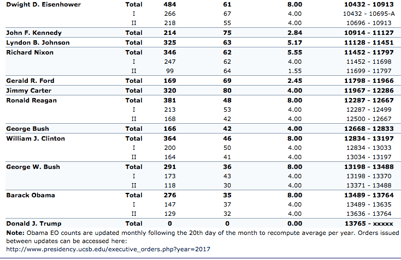Why do so many of my salespeople fail to perform as expected? It's a loaded question. Or, is it? In our corporate sales training experience, we've seen that evaluating underperforming salespeople in the pre-hire sales assessment is crucial for success in your business.
From poor diagnosis of the right contributing factors for success, to other candidates being eliminated due to weaknesses rather than hiring on sales STRENGTHS, there are specific reasons that not all of your salespeople are performing the way that you thought they would.
Did you hire them this way or did you make them this way? Let's take a look...

If you are a sales leader and you look at your numbers and the people producing those numbers, do you ever scratch your head in confusion over why you are looking at a lack of sales results?
Certainly, you didn’t hire these people to be in the middle of the pack or at the tail end of the conga line, but that is right where they are. I know you don’t believe you hired them that way, but it’s either that, or you made them that way.
Don’t get upset with me here. The reality is that your team’s performance is a result of who you’ve hired or what you’ve done (or not done).
So, in general, why do so many salespeople fail to perform? I have detailed answers to that question that you will be hard pressed to find anywhere else besides right here.
- Underperformers have 80% of the desire of top performers. *Note – not all performers have off-the-chart desire – that is about 7% of all top sales people.
- Those that underperform have about 44% of the commitment to succeed in selling that top performers do.
- These two factors combine to measure motivational level. Underperformers have about 60% of the motivation of your top people.
SUMMARY – Underperformers just are not as motivated to succeed.
SOLUTION – STOP hiring people that are not motivated to succeed at the highest level of performance!
Using the Objective Management Sales Evaluation, there are over 100 data points to measure the opportunity for sales growth of a sales team/organization. Additionally, this data helps us to predict the likelihood of success of new sales people and managers.
Here are some interesting findings based on the raw data I have from assessing salespeople (as well as firsthand knowledge of some of the people in the study).
- Top performers are trainable and coachable
- Top performers have a high figure-it-out factor
- Top performers have a low need for approval and…
- Top performers score an average of 86.8 (higher score is better) and underperformers score 39.6 for handling rejection!
- Top performers are hunters, consultative sellers and closers (average score for skills is 55% of required skills while underperformers average 39.6% of required skills)
SUMMARY – Salespeople – regardless of tenure or previous success - need training and coaching. Also top performers handle rejection extremely well and move on.
SOLUTION – Do not hire based on past performance. (It’s like investing in a mutual fund – past performance is not a guarantee of future returns.) During the interview process, reject the heck out of the candidate – the strong ones will recover and attempt to close you over and over again!
The following data indicates that sales strengths are better indicators of success rather than sales skills:
- Underperformers have 85% of the sales skills of top performers and have…
- Only 71% of the sales strengths that support execution of sales skills and…
- The severity of their sales weaknesses are 52% higher than that of top performers
SUMMARY – The skills are about the same, but those with strong strengths of desire, commitment, outlook and responsibility win.
SOLUTION – Make sure your pre-hire assessment process looks for strengths and “will sell” rather than just skills, personality and behavioral traits.
So, back to the original question: “Why do so many of my salespeople fail to perform as expected?”:
- Poor diagnosis of the right contributing factors for success
- Candidates eliminated due to weaknesses rather than hiring for sales strengths
- Too much credit given to sales skills exhibited during interview process
- Lack of solid training and development on the root causes of poor performance
Now that you have the answers to the question, what will you do about it?




